12 Types of Natural Disasters
Natural and man-made disasters can strike at any time. It is crucial that you have a planned response whether you are at work, at home, or on vacation. However, not all-natural disasters are the same.
In fact, you may not even think of all the different disasters that could happen. Below, are 12 types of natural disasters you should prepare for.
12 Types of Natural Disasters
Most of us know about certain disasters such as tornadoes, hurricanes, and snowstorms. However, we tend to overlook other natural disasters that plague the United States. Here are 12 types of natural disasters to prepare for:
#1 HeatWaves
Did you know a heatwave was a natural disaster, or that it could be? Heatwaves are brought on by intensely hot weather mixed with unbearable humidity. Recently, we have seen intense heat waves break out across the country.
This may or may not be due to global warming, but heatwaves cause dozens of deaths every year. Being prepared with proper cooling, lots of water, and medical items could save your life during a heatwave.
#2 Drought
You may think we have water everywhere. I mean 70% of our earth is covered with water, right?! Well, that may be true, but only 2.5% of it is drinkable. Droughts have plagued the United States in the past and have brought devastating effects.
Without enough water, not only are humans affected, but your food supply is in jeopardy. Do you have enough clean drinking water for yourself as well as a sufficient food supply for your family for an extended period?
#3 Flooding
You may think flooding only happens on the East coast like after a hurricane or something. However, flooding is actually one of the most common natural disasters. I mean even Colorado was afflicted by a long-lasting flood in 2013. The mid-west states were hit with heavy flooding this year, affecting current canned food supplies since this area tends to be one of the “bread baskets” for our country.
Flooding can not only be life-threatening, but it is the highest-ranking in property damage. Even though you have water, you can’t drink it. Are you prepared for a flood or flash flood?
#4 Earthquakes
You don’t hear much about Earthquakes these days, but that doesn’t mean they aren’t out there. You may think earthquakes are only common in California, but they can sneak up on you in Utah, Alabama, Illinois, or Indiana.
The loss of life can be enormous with an earthquake. You can expect to see severe damage to homes, office and public buildings, and widespread damage in your city.
Of course, this depends on the number it shows on the Richter magnitude scale how bad the quake is. I know Utah has been planning for the “Big One” for some time.
#5 Thunderstorms
Because thunderstorms are so common, most people don’t even think about needing to prepare for them. Well, when a thunderstorm knocks out the power in your area for 3-days or longer, you will think twice about not preparing for one.
Ultimately, anything in your refrigerator may no longer be good, you may not be able to buy things at the store because the cooler machines and payment systems will be down. You can’t cook your food, crops could be destroyed, and heavy property damage can occur.
#6 Wildfires
Wildfires can be anything from brush fires, home fires, and forest fires. They can be dangerous because of their size and speed of ignition. They can destroy thousands of acres of land and hundreds of homes in just a few days.
If you live in the western United States, you should prepare for wildfires. States that see wildfires include California, New Mexico, Nevada, Utah and others. In some cases, you will need to evacuate. Are you prepared?
#7 Winter Weather
We all know that snowstorms can have us trapped in our homes for days and weeks at a time, but all winter weather can be dangerous.
It is important to know how to emergency prep for a winter storm. One of the biggest things people forget during winters is to prepare their cars.
You never know when a car could break down, an accident could occur, or when you will get stuck somewhere. It is important to have your car stocked with supplies such as blankets, water, food, and even some hand warmers.
Related: How to Make Your Own Emergency Car Kit
#8 Volcanoes
Most of us don’t worry too much about a volcanic eruption. Most volcanoes lie along the western coast around Alaska and Hawaii.
Volcanoes may not seem like a huge threat since most of them lie dormant for years, but they can very quickly cause immense damage or destruction.
If you live in an area where you have volcanoes, you should be prepared for one to erupt.
#9 Tsunamis
Tsunamis are known as seismic sea waves. These gigantic waves are caused by underwater disturbances such as an earthquake, landslide, volcanic eruption, or meteorite.
These can strike anywhere along the U.S. coastline. They can cause flooding, severe property damage, loss of life, and leave you without power. It is important to prepare for these types of natural disasters.
#10 Landslides and Mudslides
A mudslide or landslide can develop when water rapidly accumulates in the ground and results in water-saturated rock, earth, and debris. They typically start on steep slopes and are activated by other natural disasters.
Areas where wildfires are common or human modification of the land has taken place and have destroyed vegetation are the most susceptible to landslides and mudslides.
These natural disasters can lead to trauma by being hit by them, cause broken electrical, water, gas, and sewage lines, and can disrupt roadways. This means you should be prepared to stay inside for a number of days.
Related: North Salt Lake Utah Landslide
#11 Tornadoes
One of the scariest things about a tornado is that you don’t know it’s coming. Tornadoes can wipe out whole areas in cities in just a few minutes. This means you need to be prepared to be in your basement for a while, if you have one.
It also means you should be prepared for a power outage, the inability to drive to a store, and severe damage to your home.
#12 Hurricanes
Last, but not least, we all know we should prepare for hurricanes if we live anywhere near the ocean. Not only those close to the ocean should prepare, however.
The effects of a hurricane can travel several states over. The great thing about hurricanes is that you usually have a number of days to prepare before it gets here. However, if you prepare sooner, you have nothing to worry about.
How to Prepare for These 12 Types of Natural Disasters
Each of the above disasters is different, and you will need to prepare differently. For all disasters, you want to be sure you have food, water, and medical supplies stocked up for you and your family members for at least a week.
To find out about how to prepare for various disasters, read Disaster Plans: They aren’t all the Same. Also, check out some of our other content on how to be prepared for a natural disaster:
- First Aid Kits: What You Need to Survive
- Food Storage Tips You Need
- How to Store Water for Drinking and Cooking
- Important Documents Emergency Binder
- Power Outage Kit: What You Need
Final Thoughts
Being prepared for a natural disaster is just using good sense. You know that it could happen, and instead of waiting until the last minute, you have everything you need when it happens.
Check to see which disasters could affect the area you live in and start preparing today! May God Bless this world, Linda
Don’t forget to pin this article and others to Pinterest so you can easily refer back to them!

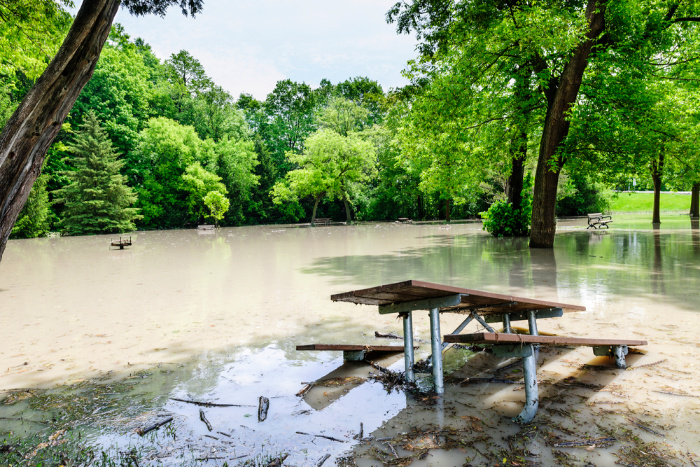

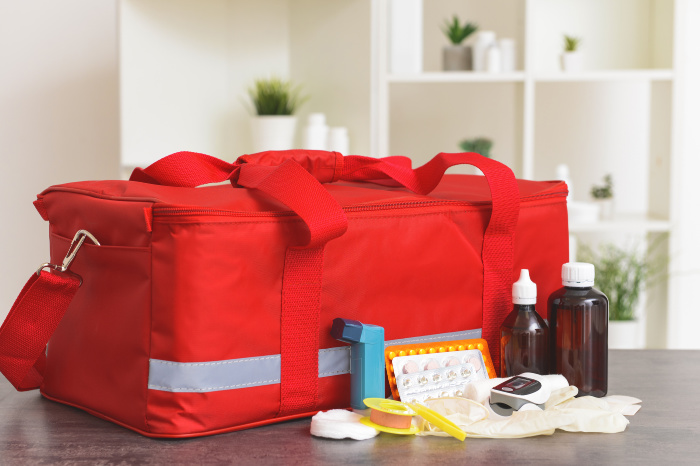
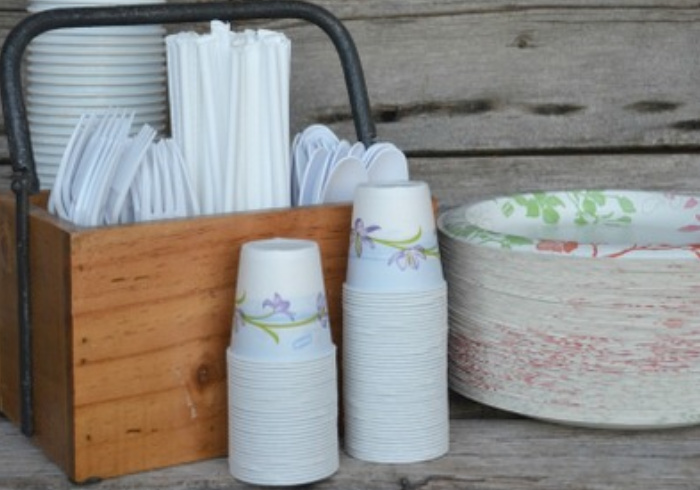


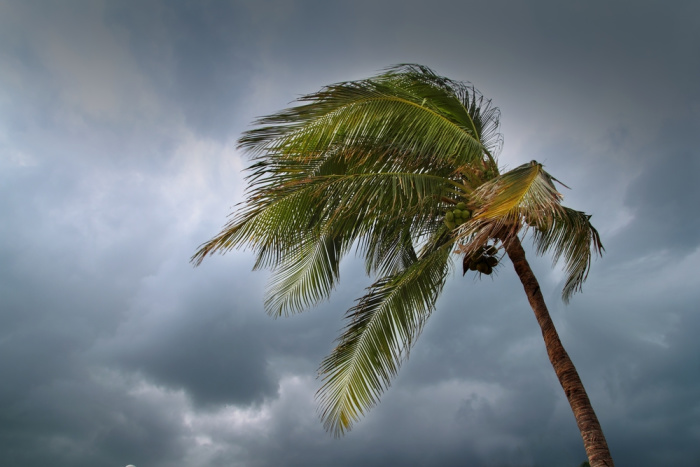
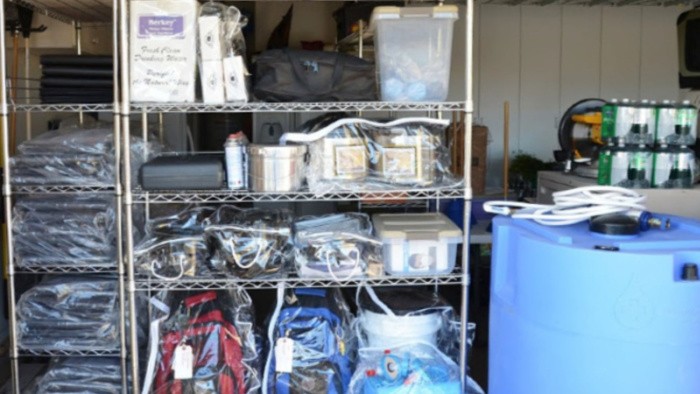
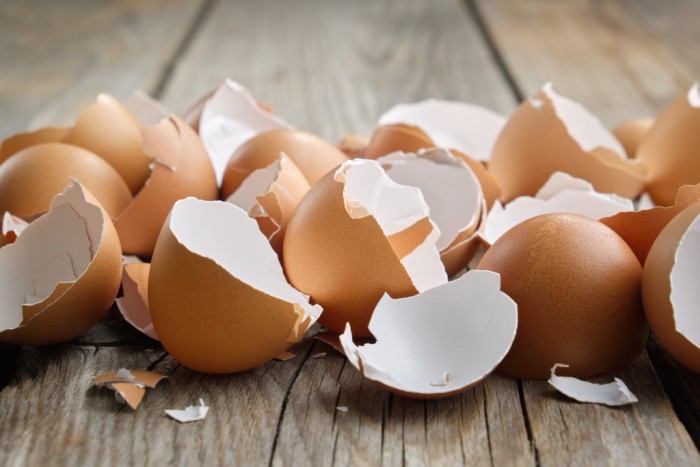
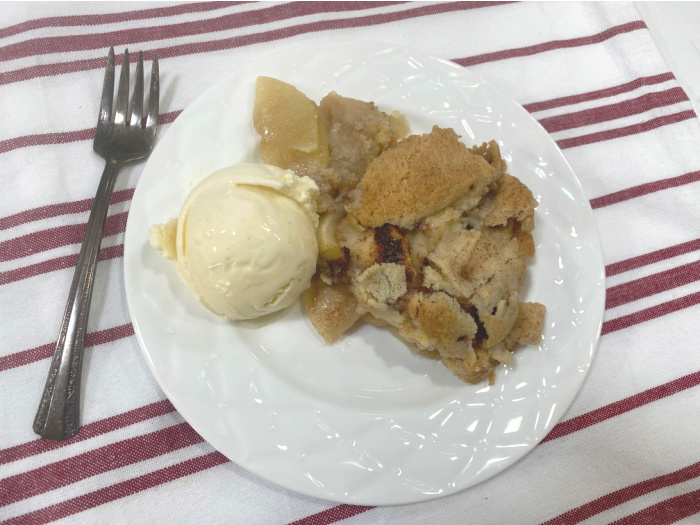
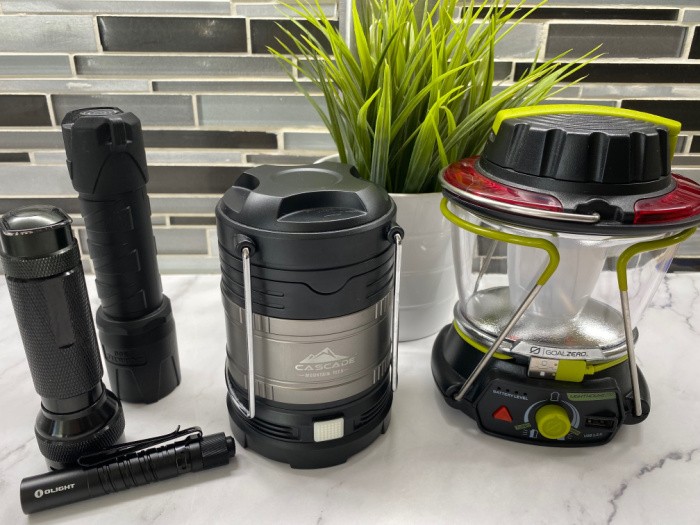

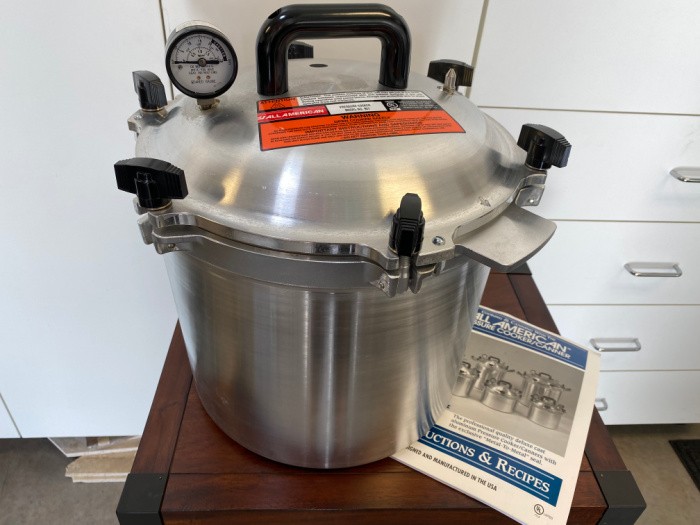
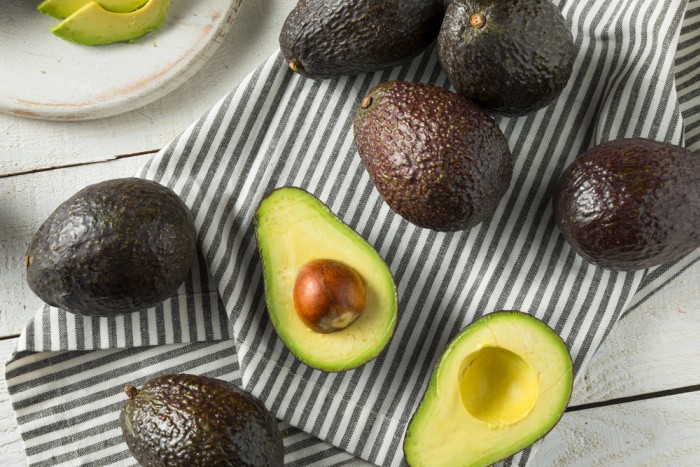
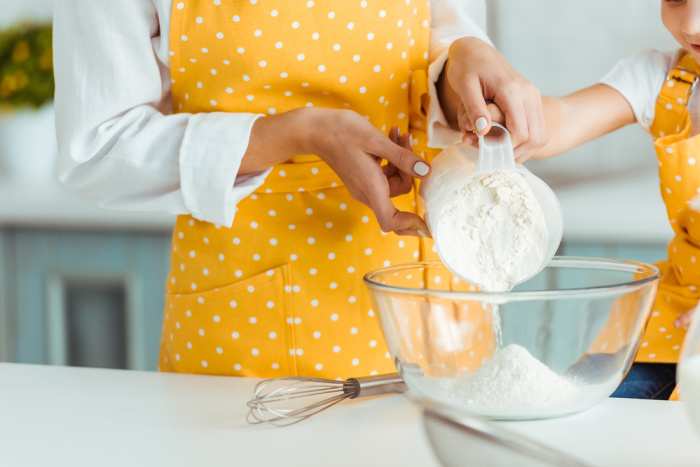

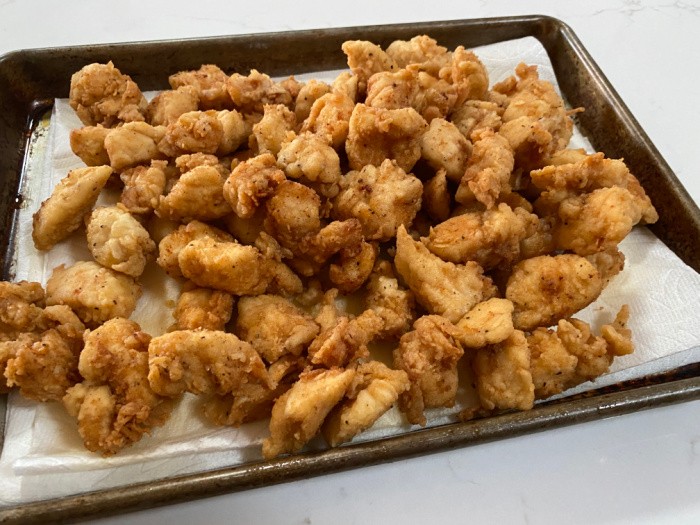
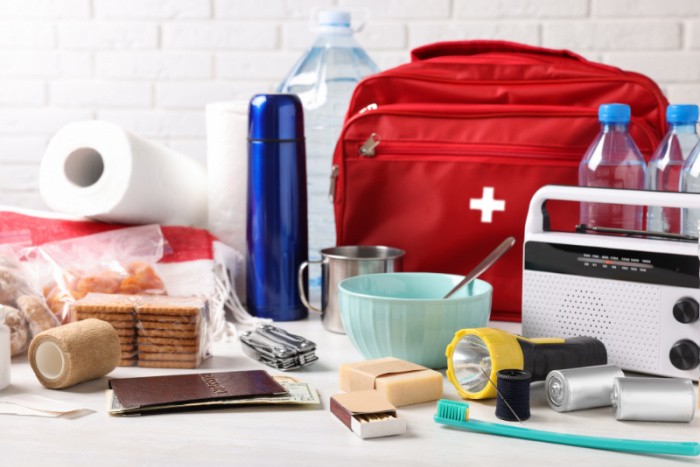
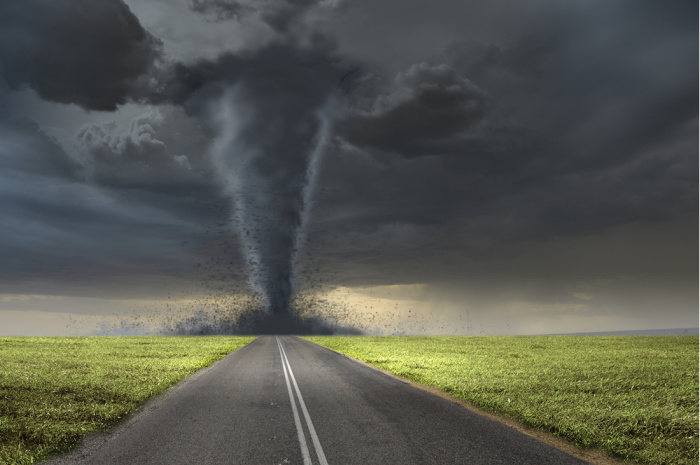

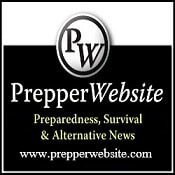
Linda ~
Great list of natural disasters. I live very near the Pacific Ocean in western Washington. The natural disasters I am prepped for are volcanic eruptions (I can see Mount Rainier from my apartment), earthquakes (Washington has some planning in place for the Big One), tsunamis, winter weather (we don’t often have severe winter weather – rain for the most part but…), heat waves (our apartment complex does not have AC), flooding can be an issue because we get quite a lot of rain, mudslides, and the list goes on.
While not a regional disaster by any stretch, we also need to be prepped for personal “disasters” that don’t affect any but ourselves and our families: job loss, vehicle breakdown, health issues. I know that others will also think this way. I have shoulder surgery coming up right after the beginning of the new year and already I am prepping for that “disaster” as I will be unable to do a lot of things for a few months. I have special clothing, sleeping and food in the prepping stages now. I am practising getting dressed with only one arm!! I am doing as much as I can using only my left hand.
In the grand scheme of things, personal “disasters” are fairly minor but they are certainly things that affect us in much the same way as the major disasters that affect large groups of people.
Hi Leanne, oh I’m sorry you are having shoulder surgery after the first of the year. It’s awesome to hear you are planning way ahead of time for that. You are so prepared!! I wanted my readers to think about all the natural disasters we can have anywhere anytime. It’s all about being prepared before we have to be. Great comment, Linda
Linda,
Good list, but you left out a major disaster–our Federal government!!
Hi Harry, now I have the giggles!! You nailed it!!! Oh my gosh, I Love it!! Linda